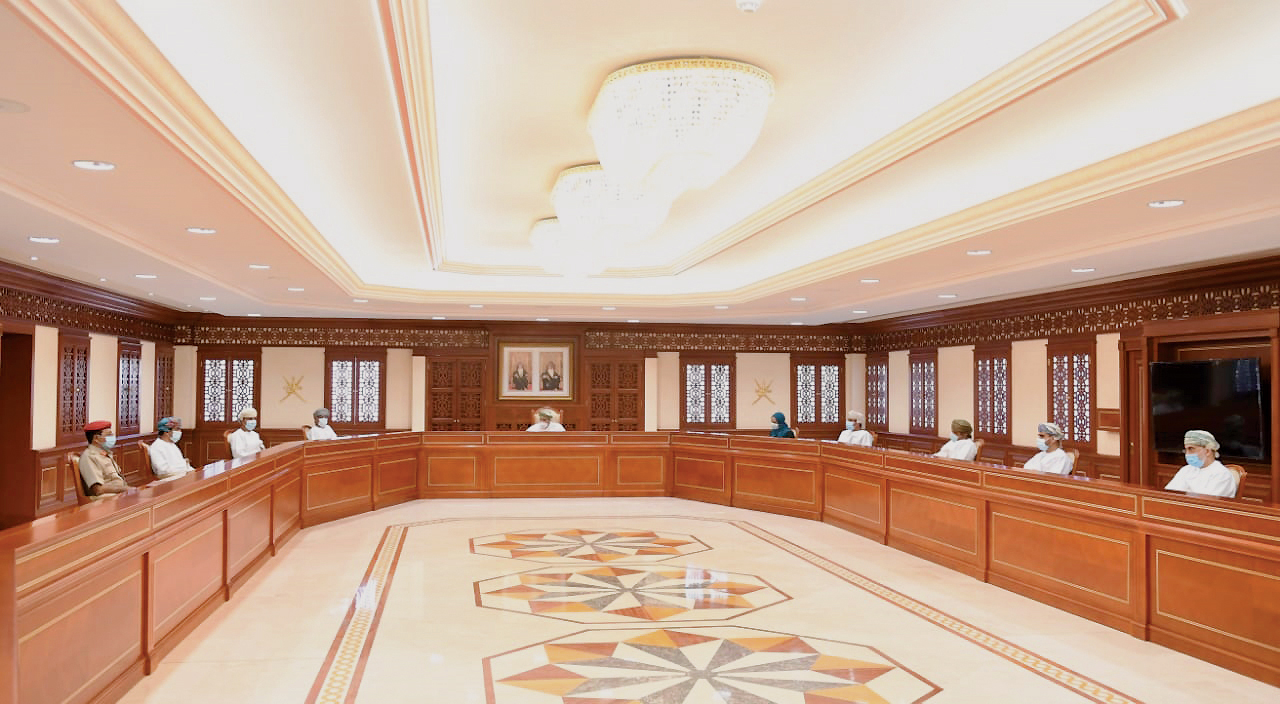

The government on Wednesday assured that it will spare no efforts in procuring vaccines as and when it is available, but at the same time expressed concern that all types of gatherings continue take place in spite of restrictions on such gatherings.
Dr Ahmed bin Mohammed al Saeedi, Minister of Health, member of the Supreme Committee tasked with tackling developments resulting from coronavirus (COVID-19) pandemic, he reaffirmed that the vaccine will be procured after checking its safe use on a global level. So far, a total of 1,800,030 (1.83 million) doses were reserved for the Sultanate as part of the first batch, said the minister, hoping that the consignment will be received before the end of this year, and that the second batch will be around 1,800,000 (1.8 million) doses.
“We hope to vaccinate around 60 per cent of citizens and residents so that we could attain total immunity in the community,” said Dr Al Saeedi.
The minister made the statement during the 18th press conference held by the Supreme Committee since the outbreak of the pandemic, held at the Ministry of Education on Wednesday.
BLATANT VIOLATIONS
The minister deplored the “continuous holding of undercover weddings and gatherings held in closed areas”, describing them as blatant violation of instructions issued by the Supreme Committee. This type of negative behaviour undermines the efforts of the health sector very seriously, he said, noting that nighttime lockdown yielded positive results, and so did all the measures undertaken by the Supreme Committee whose decisions are well-studied and do not merely seek to chastise, but to deter such violators.
In other comments, he said that 80 per cent of cases of infections are individually-driven within society, while only 20 per cent occur are caused (as a result of negligence) in establishments.
“To revert back to normal life, we have to stick to precautionary measures,” said the minister, noting that the Supreme Committee has reached a reasoning that the use of fingerprint systems to prove attendance at workplaces should not cause the spread of infection provided necessary precautions are taken.
Dr Saif bin Salim al Abri, Director-General of Disease Surveillance and Control at the Ministry of Health, said that studies proved that total and partial lockdown periods have had a direct impact on the decline of infections. The lockdowns were aimed at protecting the health sector so that it can accommodate existing cases at hospitals and intensive care units, he said.
Dr Saif pointed out that the main cause of the current upward trend in deaths is the fact that these numbers reflect pre-lockdown periods.
“Actual lockdown period results will be seen only next week, and we will observe a decline in the number of deaths,” said Dr Saif.
He said that only 6 per cent cases at border checkpoints test positive for COVID-19. The Ministry of Health will follow a system of epidemic detection in schools and that health workers will be trained to carry out the programme, in which students will be checked right from the moment they leave their homes till they return home.
He added: “Quarantine is important despite the laboratory examination, because the virus may be in the incubation stage. The negative result of the test gives a false impression that the person is not infected and this is not accurate. Because some quarantined people have shown symptoms on 14th day of quarantine.”
INTERNET PACKAGES
Abdullah al Busaidy, Under-Secretary of the Ministry of Education, speaking at the press conference said that the ministry continues to work with telecommunications companies to provide suitable Internet packages for schools.
He added that school hours for students in Grades 1-4 will be between 11 am and 2 pm, Grades 5-11 between 8 am and 11 am, and for Grade-12, between 8 am and 2 pm.
It is estimated that around 82 per cent of schools will implement e-learning system, while 10 per cent will follow blended education, and 7 per cent will have full attendance in schools. (With ONA inputs)
Oman Observer is now on the WhatsApp channel. Click here



